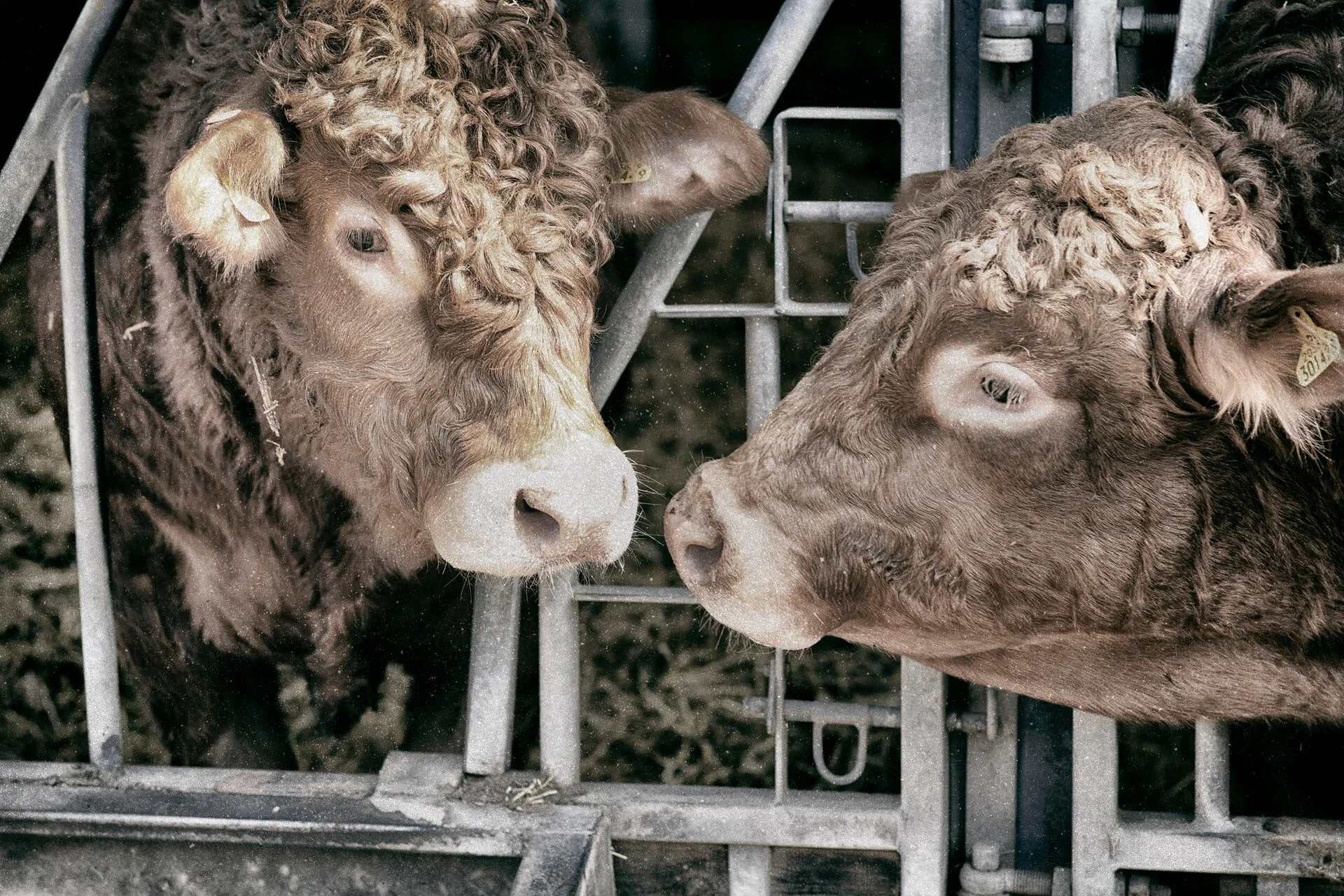Want to choose foods with a lower carbon footprint to help fight the climate crisis but are confused about the choices? No wonder.
The pandemic has shone a spotlight on the deficiencies of our current food system leading to a growing public awareness of its negative impacts on the environment, our health, food workers, animal welfare and the climate through high GHG emissions. And as a result, many people are motivated to change.
In the meantime, food companies are preying on these good intentions with cleverly marketed, “re-engineered” food products. But will they really move the needle on climate change? Or are they just serving up a small helping of incrementalism dressed up as a climate solution, lulling us into thinking we’re doing our part and feeling good about our choices? All of which serve to distract us from the giant strides required to not only re-engineer our broken food system to reduce the carbon footprint of what we eat, but more importantly making the fundamental choices scientists are urgently calling for to reduce food emissions by eating less meat and dairy and more plant-based foods.
Recent examples of “re-engineered” products by food companies include:
A fast food chain is offering low methane beef burgers from cattle fed partly with lemongrass, thought to reduce methane, the most potent GHG, produced by a cow’s digestive system.
Farmers in New Zealand are testing seaweed feed additives for cattle to try to reduce methane.
A Canadian food retailer is offering “flexitarian” chicken burgers containing some vegetables.
And grass-fed beef is perennially offered as a climate solution even though numerous authoritative studies (Oxford study and Harvard study) conclude this is not the case.
Most of these initiatives promote the concept of the “low carbon cow” in which production systems are tweaked to produce a slightly smaller carbon footprint. A new study published in the journal Climate Change takes a critical look at this campaign by Big Ag and the food industry, and questions whether the geo-engineering of “super low carbon cows” is actually a climate solution.
Author Jim Ormond of the University of Reading argues these minor changes to the current meat and dairy production systems should not be seen as a sufficient climate solution.
“Reliance on climate engineering to provide cheap and easy ways to control our climate fails to question, far less address, the ever-increasing demand, production and wastage of food. It also potentially undermines the already weak political will for other essential and more radical responses to climate change,” Ormond says. “Improving the climate efficiency of cattle is not enough to create a sustainable food system.”
As a benchmark, Ormond cites the EAT-Lancet Commission report (2019) that called for an urgent global transformation, focusing on food consumption rather than production practices. The Commission found changes in production practices may only reduce agricultural GHG emissions by 10% by 2050, whereas more radical changes to consumption practices (namely reducing the consumption of red meat in the developed world by 80-90% and increasing plant-based foods) could reduce GHG emissions by 80%.
Ormond says the ‘business-as-usual’ policies of incremental change (such as reducing emission intensity by 10%) serves as a distraction that allows industry and governments to not focus on more radical changes such as “mass investment into regenerative agriculture or the promotion of plant-based proteins as a replacement for animal-based protein.”
It is understandable that meat producers and food retailers want to defend their turf when their industries are under threat. But at what cost to the environment and the planet if their strategies distract or divert us from the fundamental changes needed to ensure people eat less meat and diary?
These marketing tactics come straight out of the “Climate Delayers” handbook, one of which is to push change “that advances relatively trivial solutions to climate change” but does not address root causes of the issue.
So, the next time you see a TV ad or read an environmental claim on your food packaging, consider whether it represents incremental or the transformative change required to tackle the climate crisis effectively. Incremental steps, dressed up as solutions, will make a minimal difference but they are destructive if we stop there, thinking we have done our part.
The reality is, failure to demand and support the more fundamental changes needed to dramatically reduce the carbon footprint of our food will not help us meet the Paris climate goals. In short, low methane burgers and grass-fed beef aren’t going to get us there. Marginally better? Yes. Sufficient? Not even close.
In a recent interview with Covering Climate Now, UN Secretary General António Guterres reiterated his call for urgent action to address the climate crisis.
"It's time to wake up. It's time to understand that we can no longer lose more time doing not enough. Let's not forget that if things will go on as they are, we will come to the end of the century with three to five degrees of increase of temperature in relation to pre-industrial levels. And that would be absolutely catastrophic." (AFP)
The planet simply can’t afford incrementalism because it is too little, too late. And by doing too little, it will be too late.
Sign up below to receive “Planet Friendly News” every month.


